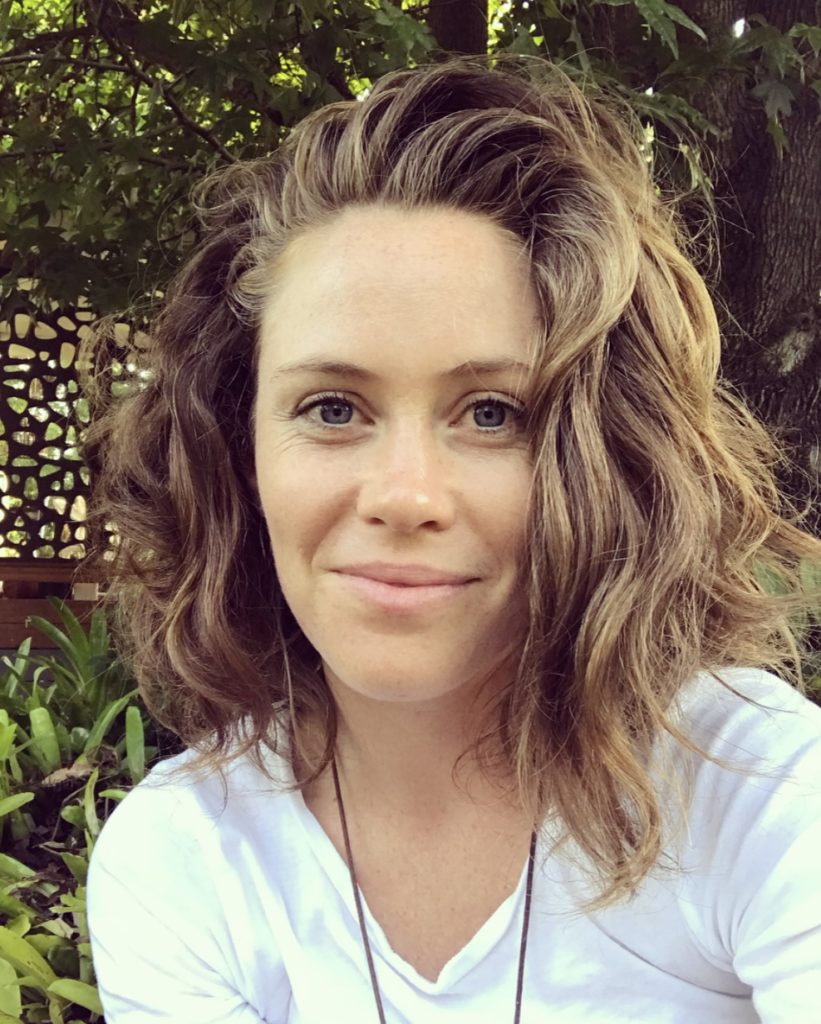
Frozen Shoulder Acupuncture
Frozen shoulder Acupuncture and other treatment options
The shoulder can rotate in a full circle, unlike the elbow that only bends one way. Frozen shoulder is much like the name suggests. There is no movement or very limited movement in the shoulder capsule joint or the whole shoulder itself, it is frozen stuck. It can be quite painful as any slight attempt to move the shoulder joint or raise the arm, results in sever pain and restriction. If left untreated, it can lead a to a chronic condition. Below is further information of what causes it and frozen shoulder acupuncture treatment and other therapy options.
What is Frozen shoulder
Adhesive capsulitis (any word with the word ‘itis’ means inflammation) which is a shoulder condition that results in restriction and pain on range of motion. The muscles and tissues in your shoulder joint over time can become thicker and tighter leading to damage and scar tissue forming. As a result, the shoulder becomes restricted and extremely painful to move, to lay on and to even sleep.
What are the symptoms and stages of a Frozen shoulder
- The beginning stage is where the pain begins. We naturally try to avoid pain by reducing the arm movement and range of motion of the shoulder joint to stop the pain. Further inflammation and swelling can also result in reducing the amount of whole arm movement. Pain can feel dull, achy, sharp and worse on movement.
- The second stage is when the shoulder becomes frozen. Pain may even reduce however the joint becomes more difficult to move and is now stiff. For some people, the pain worsens at night, sometimes disrupting sleep.
- The last stage is when inflammation and swelling reduce in the shoulder capsule and the surrounding muscles, tendons and ligaments have more room to move more freely. Blood flow is also moving better so the range of motion beings to improve.
What can cause a Frozen shoulder
The bones, ligaments and tendons that make up your shoulder joint are encased in a capsule of connective tissue. Frozen shoulder occurs when this capsule thickens and tightens around the shoulder joint, restricting its movement (1).
It is sometimes not clear why this swelling occurs but can be linked to excessive use of the shoulder such as hyper-extending the joint, tearing of the tendons and muscles that support the shoulder structure or those who recently had to immobilise the shoulder for a long period, such as having it in a sling after surgery or an injury.
Frozen shoulder can be more common in:
- People 40 and older, particularly women
- People who’ve had prolonged immobility or reduced mobility of the shoulder
- People suffering from Diabetes, Parkinson’s disease, thyroid imbalance or cardiovascular disease
- People recovering from a stroke
What are some ways to help a frozen shoulder recover
- Decreasing pain first so a person can at least sleep properly to rest and recoup the body. Conventional medicine will offer use of anti-inflammatories and general pain relievers that offer temporary solutions. Steroid injections directly into the joint may be offered in some cases to attempt to reduce inflammation locally in the shoulder. There are some risks associated with traditional pain management.
- Increasing range of movement needs professional guidance so that the shoulder is not made worse or to push to the point of pain. If done incorrectly, pain and inflammation will cause further problems and restriction of movement – it may seize up. Exercises can be helpful to increase this range of movement.
- Acupuncture has been found in numerous research trials to have a strong impact and positive effect in pain reduction and improvement in shoulder mobility for frozen shoulder (2). Immediate and long lasting effects in the reduction of pain (3) is ideal as we want the shoulder to recover completely, not just have short term symptomatic relief that a pharmaceutical might provide.
- Mobilising the joint manually and massage therapy can help to loosen the tight muscles which improves movement and reduces pain. it is extremely important that this therapy is done gently so that too much pressure doest aggravate the condition.
- Surgery is usually considered as the last possible option after the above approaches have been applied, but may sometimes be necessary when the shoulder has damage to the muscle or tendons. Scans can be helpful to determine if surgery is even an option.
if you’re experiencing Frozen shoulder or other painful conditions, get in touch today to see if Acupuncture and other therapies used within our clinic may be of help to you. Contact Us or Book Online.
an AHPRA registered Acupuncturist, bodyworker and doctor of Chinese medicine in Nambour in the Sunshine Coast hinterland, Queensland Australia. I practice Chinese and natural medicine because its safe, logical, relevant and has effectively shown methods of natural wellness for thousands of years (read more about my training here). Life doesn’t need to be complicated and nor does the treatment approaches to get people feeling vibrant and well. I’ve seen people gain a lot from treatments, much more than just alleviating symptoms. It’s exciting to connect with people and share deep wisdom from the classics of ancient and traditional medicine, with modern protocols for todays mind-body living. See you in the clinic !
References
- The mayo clinic: symptoms and causes: https://www.mayoclinic.org/diseases-conditions/frozen-shoulder/symptoms-causes/syc-20372684
- The Effectiveness of Acupuncture in the Treatment of Frozen Shoulder: A Systematic Review and Meta-Analysis, September 2020, Eyal Ben-Arie, Pei-Yu Kao, Wen-Chao Ho, Yu-Chen Lee, Evidence-based Complementary and Alternative Medicine2020(3):1-14.
- Immediate Pain Relief in Adhesive Capsulitis by Acupuncture: A Randomized Controlled Double-Blinded Study, Sven Schröder, MD, Dr. med. (PhD), Gesa Meyer-Hamme, MD, Thomas Friedemann, PhD, Sebastian Kirch, cand. med., Michael Hauck, MD, Dr. med. (PhD), Rosemarie Plaetke, PhD, Sunja Friedrichs, cand. med., Amit Gulati, PhD, Daniel Briem, MD, Dr. med. (PhD), Pain Medicine, Volume 18, Issue 11, November 2017.

